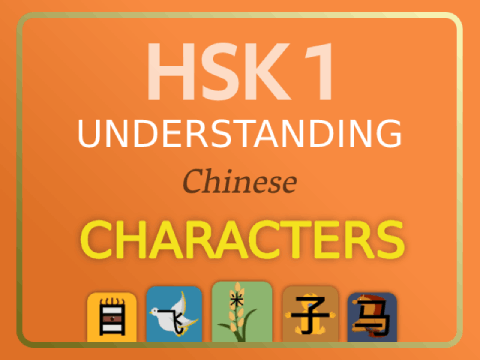Difference between Chinese characters and words

A character is a written symbol that represents an object, action, idea, etc. When said thing being represented can stand alone in a sentence, it is a word, but if it depends on other characters to express an idea, it is a morpheme. Therefore, the differences between characters and words are usually differences between morphemes and words. See the two examples below:
| wǒ 我 I |
xiǎng 想 to want |
mǎi 买 to buy |
diàn 电 electronic |
nǎo 脑 brain |
| I | to want | to buy | computer | |
| I want to buy a computer. | ||||
| wǒ 我 my |
jiā 家 home |
méi 没 not |
yǒu 有 to have |
diàn 电 electricity |
| my | home | to not | to have | electricity |
| There is no electricity in my home. | ||||
▮ character; ▮ word
Characters
In the two examples above, there are five “symbols” in each sentence, so there are five characters per sentence.
Words
In the first example, 电 (diàn) “electronic” and 脑 (nǎo) “brain” cannot stand alone as two separate ideas in the sentence, as they rely on each other to form a distinct meaningful element, “computer,” so there are four words.
However, in the second example, 电 (diàn) is used alone as a word that means “electricity,” and since all the other characters are also used alone, there are five words in the sentence.
Note
Whether a character is a morpheme or a word depends on how it is used in a sentence. Let’s take the English word “able” for example. It is a word, “able,” in the first example below, but it is a morpheme, “-able,” in the second example. However, a small number of characters are only used as morphemes, similar to -ing as in “drinking.”
Example: I will be able to work tomorrow.
Example: This water is not drinkable.

